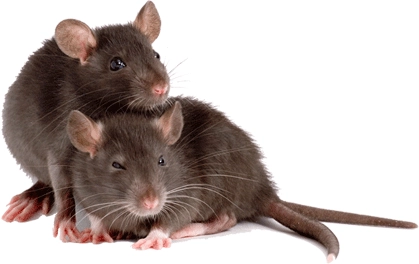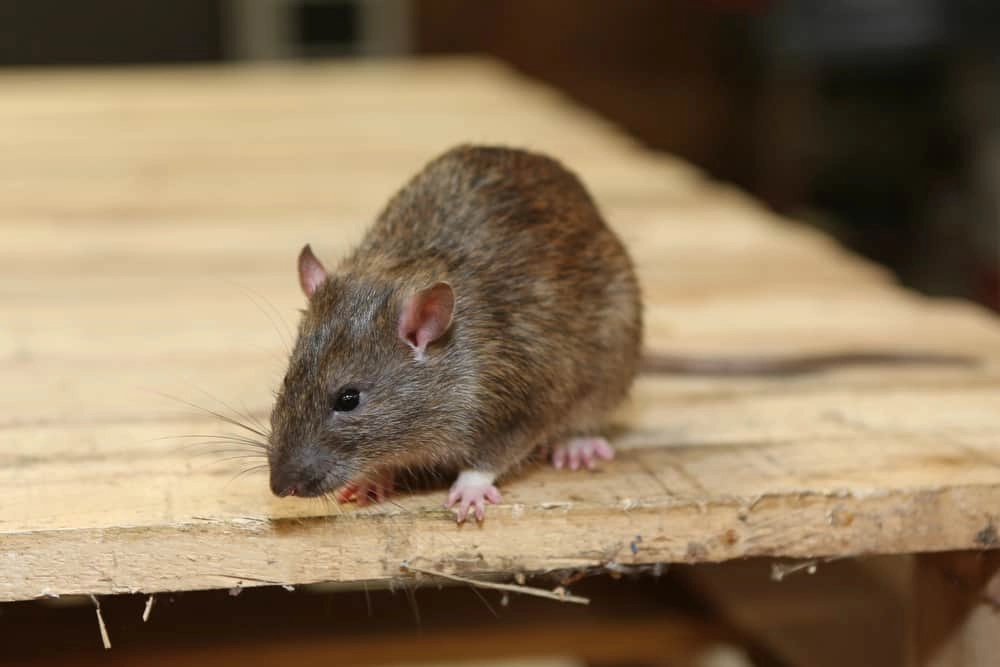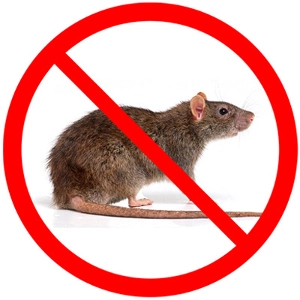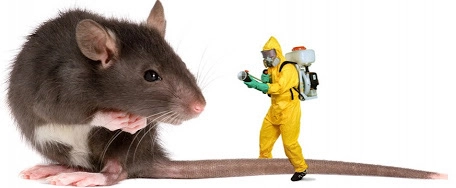Did you know? A rat can swim for three days before it drowns.
EXPLORE RATS
- Mice
- Roof Rats
- Bandicoots
Rats are scavengers. They have an excellent sense of taste and a good memory. A rat can identify certain substances, including rat poisons, after just a tiny taste of it.


RODENT FACTS
- An adult rat can squeeze into your home through a hole as small as the size of a quarter.
- Rats can live for up to 18 months, but most die before they are one year old.
- Rats have strong teeth that allow them to chew through glass, cinderblock, wire, aluminum and lead.
- Smell, taste, touch and sound help direct them to their food sources.
- Rats are also responsible for spreading bubonic plague, also known as the “Black Death”. Although fleas are primarily responsible for infecting humans, they were originally infected with the plague by feeding on the blood of rats.
DIET:
Rats prefer eating fruits, berries, vegetables, cereal, pet food, nuts, grain, slugs, snails and rotten food.
...HABITAT:
Rats are excellent climbers and they usually live in spaces on the tops of buildings, on roofs or in attics. They also live in sheds, garages, boxes, ceilings, under floors, in wood heaps and in thick grass.
IMPACT:
Rats cause damage to structures by chewing, eating stored foods and carrying diseases, such as Hantavirus. They are most famous for spreading the highly contagious bubonic plague in the Middle Ages. Rats will also attack both animals and humans. Human babies and even adults have been killed in rat attacks.
PREVENTION:
Rats like to eat, so keep your homes clean and do not leave food out.
Make sure that your home and storage areas are clean and dry.
Make sure that you clean your sheds, crawlspaces, and garbage cans often.
Close up any small holes and cracks they can come in through.


SOLUTION:
Seal up – The root cause prevent entry by rodents
Trap up – Keep the rodent trap / bait around the area to reduce the rodent population
Clean up – Take precautions before and while cleaning rodent infested area